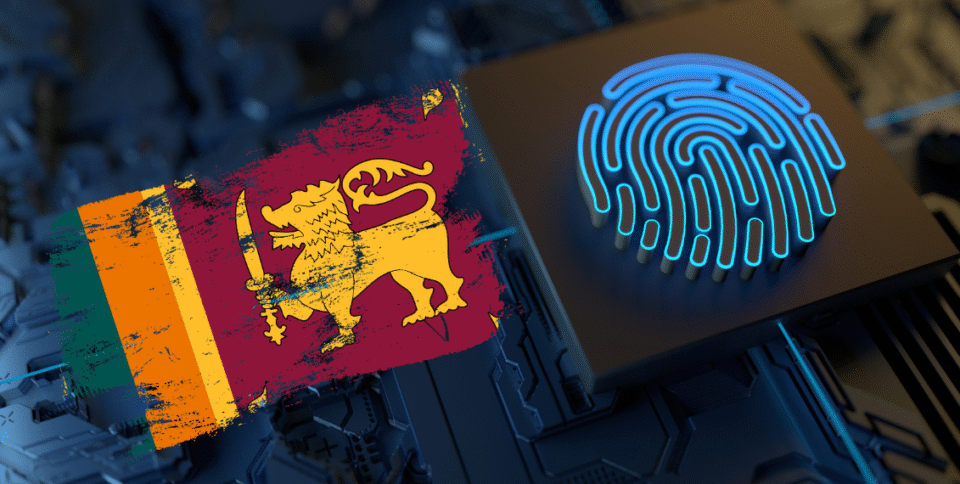COLOMBO (Oct 17) – Sri Lanka’s Supreme Court on Friday dismissed two fundamental rights petitions challenging the India-funded digital identity card project, paving the way for its implementation.
A three-judge bench headed by Chief Justice Preethi Padman Surasena upheld preliminary objections raised by the Attorney General, ruling that the petitions lacked sufficient grounds to proceed.
The petitions, filed by opposition politician Wimal Weerawansa and another petitioner, argued that the government’s refusal to subject the agreement to parliamentary scrutiny or public consultation violated their fundamental rights.
Weerawansa, leader of the National Freedom Front, claimed that the pact between Sri Lanka and India undermined national sovereignty and transparency, calling for the suspension of the project.
The Attorney General’s office, however, maintained that the project had been lawfully approved under existing administrative powers and did not infringe on any constitutional rights.
The ruling removes a major legal obstacle to the Digital Identity Project, which aims to provide all Sri Lankan citizens with a biometric-based digital ID system. The initiative is supported by India’s Unique Identification Authority (UIDAI) and funded under New Delhi’s development cooperation programme.
The project is seen as part of broader efforts to modernise public services and strengthen digital governance in Sri Lanka, while also deepening India–Sri Lanka bilateral cooperation in technology and data systems.

